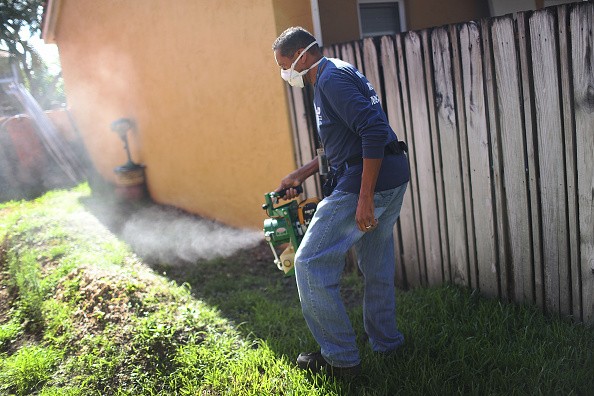With the threat of Zika virus looming large on the United States, the Centers for Disease Control and Prevention (CDC) has updated its guidelines related to the infection transmitted the deadly virus. Although these guidelines have been issued for the population in general, pregnant women have been given special reference.
According to NBC News, the federal health officials have cautioned people against all kinds of unprotected sex and said that any kind of sexual contact can spread the virus. Elaborating further, the CDC said that sexual exposure is not just vaginal sex. It includes anal sex, oral sex or any other kind of activity (such as sharing sex toys) that might expose a partner to genital secretions.
The health officials have advised all couples to use condoms especially in cases where a partner (male or female) has been in a Zika infected area in the past. Since there is no cure for an infected fetus, doctors have especially cautioned women to avoid practices that may make them infected during pregnancy. In addition, CDC has recommended a new time frame for blood testing in Zika infected pregnant women.
Instead of the previous seven-day window, now the blood testing has been asked to be lengthened to 14 days as the virus seems to stay longer in the blood of pregnant women, states WebMD. The pregnant women have been asked to use protection while having sex or abstain from sex altogether.
Notably, the Zika virus has engulfed the Americas and is causing havoc to children being born to infected mothers. The virus is known to cause birth defects in babies and researchers claim that around 1.65 million pregnant women in Latin America could be infected with the virus, which means a direct threat to thousands of pregnancies.
Given the deadly nature of the virus, CDC is keeping a close watch on the 400 reported cases of Zika-inflicted pregnancies in the US. Till date, 12 babies with Zika-related defects have taken birth in the US, while six pregnancies were subjected to miscarriage or abortion.
As far as sexually transmitted Zika infection cases are concerned, 15 cases have come to the fore. These very cases have raised the alarm bells for the health department, causing it to issue fresh guidelines for couples and pregnant women.
The following video explains 10 facts about Zika virus:



























